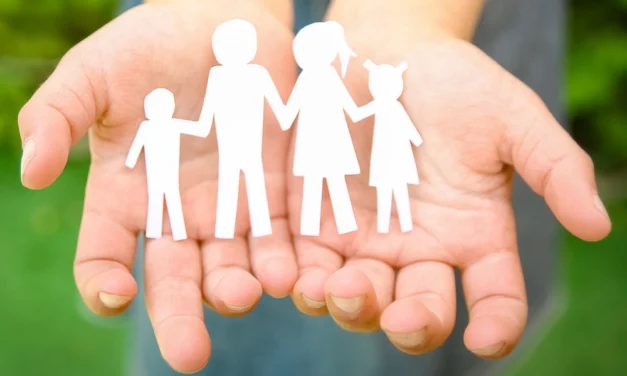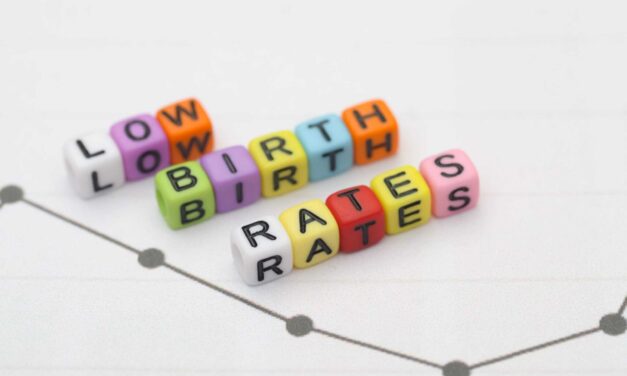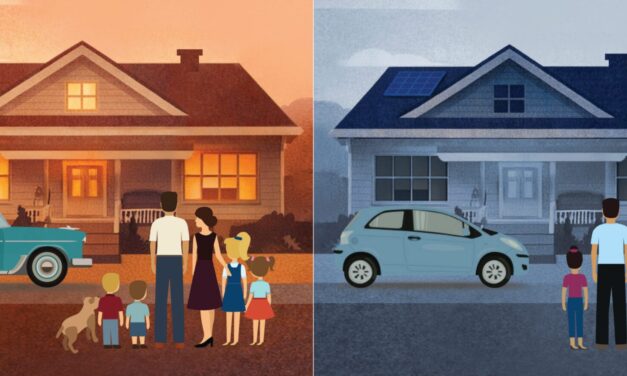Category: Marriage/Family
How To Start Cultural Restoration in Our Own Families
The influential professor and educator John Senior proposed a bottom-up approach to cultural transformation. “Restorations never start in the collapsing tops but always in the dull low places of simple hearts,” he argued in “The Restoration of Christian Culture.” In his biography of Senior, Fr. Francis Bethel added, “Rebuilding culture calls for quiet and hidden work in more human and personal areas; foundations must be rebuilt.”
Read MoreTo Boost Family Formation, Increase Stability for Men and Flexibility for Mothers
The American conversation about family has become increasingly cultural. We argue about gender roles in online forums, warn of a male loneliness epidemic, and question whether ambition and motherhood can coexist. Social media influencers like Hannah Neeleman and Nara Smith, whose carefully curated domestic lives have sparked conversations about femininity, work, and power, have become symbols in broader arguments about what modern womanhood should look like.
Read More100 Questions To Ask Your Fiancé Before Tying the Knot
Be sure you truly know your fiancé before making that life-long commitment. Knowing about his or her understanding of certain topics like his or her spiritual life and history is key, as well as understanding how he or she views your relationship, the institution of marriage, gender roles, finances, communication, and parenthood are important.
Read MoreSingapore officials call for marriage and parenthood ‘reset’ as birth rate falls to historic low
Reports from Singapore shows that the country’s birth rate for 2025 was just 0.87 children per woman — a historic low.
Minister in the Prime Minister’s Office Indranee Rajah called for a “marriage and parenthood reset,” and said the government will be focusing on promoting marriage and family life, and calling for employers to adopt more family-friendly policies.
Secretary Kennedy: Our Diet is Feeding a Divine Malaise
“Cooking is really important because it’s important for family cohesion, for a sense of community,” observed Secretary Kennedy. “It’s a daily, almost sacred ritual. Taking that away from our lives has amplified the spiritual malaise that we’re in.”
“Today, 38% of teens are diabetic or pre-diabetic.”
The Pressing Need to Fix Global Fertility Decline and How to Do It
It is well documented that fertility has dropped below replacement level for two-thirds, and likely up to three-fourths, of the world’s countries. Leading demographers are reporting this decline is happening faster than many global authorities acknowledge.
This is a very serious problem. You cannot maintain a growing, improving civilization without a growing population.
Families Flock to Pro-Life Red States as Pro-Abortion Blue States Lose Children
Data continues to show that red states are attracting more families with young children who move there as a result of more affordable housing and larger job growth than blue states, according to a new Institute for Family Studies (IFS) analysis.
Read MoreMichelle Obama Tells Women to Leave Their Kids and Go to Work
Obama urged working mothers to pursue their passions outside the home, assuring them that their children would not be “broken” by the decision, while criticizing society for opposing abortion without providing adequate support for new mothers. Never mind that tons of government programs, private charities, as well as thousands of churches and pregnancy centers provide a whole host of resources for pregnant and parenting moms.
Read MoreJamaica’s prime minister warns of ‘social issue’ as birth rate plunges
Prime Minister Holness released a statement on X to address what he had been rumored to say about the country’s falling birth rate, in an effort to set the record straight. “It may shock you to learn that since 2018, our birth rate has fallen by 24 percent,” he said. “You need to be growing by at least 2.1% to be at replacement.”
Read MoreTrump Reminds Americans That All Policy Is Family Policy
President Donald Trump’s State of the Union address hit several important policy areas, but even though there was no specific mention of the country’s declining marriage rates and “birth dearth,” the concerns of families were a major theme.
Read MoreThe Declining Birth Rate and Its Associations: Insights from a Dystopian Novel
Real-world trrends are happening alongside the birth decline, just like in James’s novel: rising deaths of despair, fewer overall marriages but more same-sex marriages, less interest in sex, greater spending on pets, and the spread of assisted suicides.
Read MoreWhat Friendship Teaches Us About Dating and Marriage
A true friendship between spouses is one of the deepest and most beautiful relationships in human life. We don’t always speak of the relationship between married or dating individuals as a friendship, but it can be considered a type of friendship.
Read More












